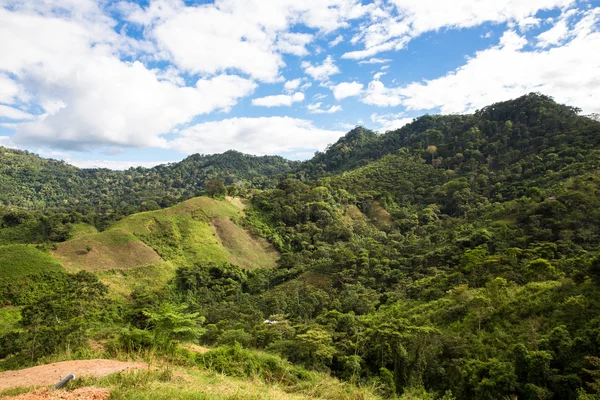Paulig buys a significant portion of the world’s green coffee, a total of up to 40 million kilograms per year. This coffee travels to us by sea from over 15 countries, such as Brazil and Colombia. Coffee farms are often small, family-run farms only a few hectares in size. Therefore, thousands of farms and farming communities are required to produce the amount of green coffee that we buy.
There are several stages in the journey of coffee from farms to shipment, varying by region and farm. For example, after harvesting, some farms process their own coffee while others send it to larger processing plants.
All our coffee can be traced back to production cooperatives or communities – in most cases to individual producers. This transparency allows us to collaborate with farmers and coffee suppliers to improve the sustainability and profitability of coffee cultivation and the entire production chain.
Paulig sees the increasing demands for coffee traceability as a positive development. An important example of this is the EU Deforestation Regulation, which we firmly support. Read more about Paulig’s policies and certification requirements regarding deforestation here.


